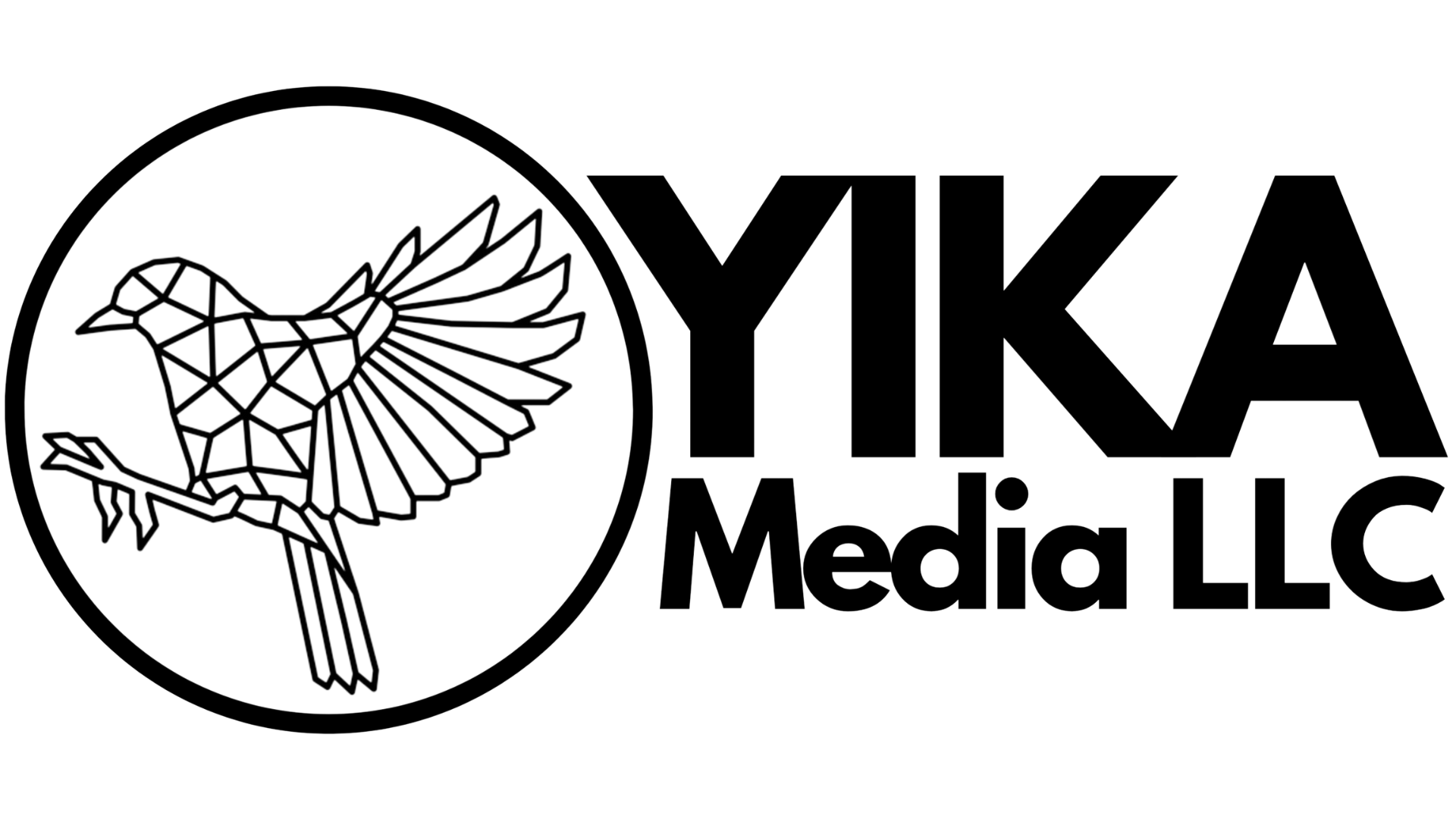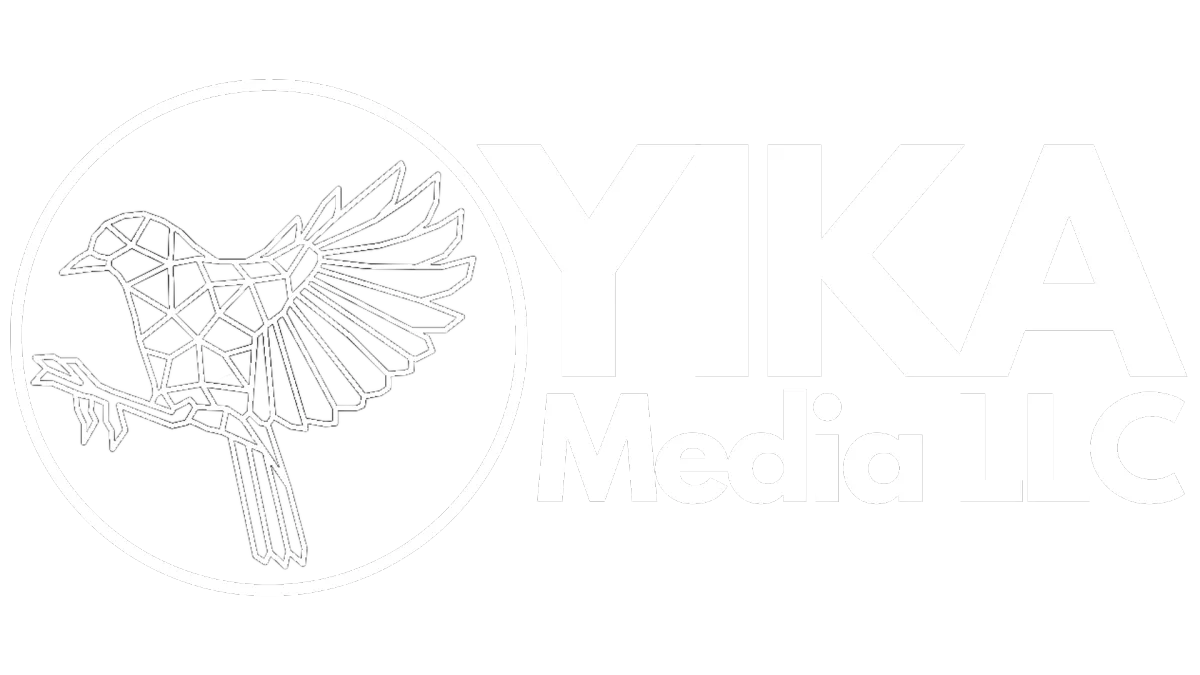
CRM
What is CRM?
CRM stands for customer relationship management, and it describes a variety of tools and programs that millions of businesses use across the globe every day. The main purpose of CRM is to increase internal collaboration and customer-centric practices which in turn increases customer lifetime value.
This is the projected net value that any given customer will provide to your business over time. Increasing this metric will increase your earnings and growth too. This increase in CLV is a result of the specific functions of CRM which include customer data management, sales management, and analytics.

Types of CRM:
Larger companies have their own CRM that is typically connected to their internal systems and servers. This used to be a barrier for small businesses but now there are cloud CRM services that handle all of the data, letting your employees and collaborators have remote access. This allows even the smallest of businesses to reap the benefits of CRM.
The main types of CRM can be broken down into 3 categories: operational, analytical, and collaborative. Operational CRM is used mainly to automate and streamline crucial functions such as sales, marketing, and customer service. Analytical CRM is used for data analysis and can thus inform strategic decisions and give insight into how your business is operating. Collaborative CRM is used for internal communication and coordination to make sure all your employees, and even customers are on the same page at all times.

Functionality:
CRM software can automate a variety of tasks that would otherwise consume your valuable time. This includes functions like marketing, communications, and sales. For example, using customer data gathered from a funnel or form of some type, your software can automatically send personalized emails or texts to your potential customers. Some modern CRM platforms also have integrated tools for building almost every aspect of your business. For example, the platform that we use here at Yika Media is called Go High Level and it includes a tool to build funnels and forms that are already integrated into the software. This is helpful mainly because all of the customer data is already known by the software making the user experience very easy and straightforward.

Conclusion
In conclusion, CRM software offers a wide range of features and tools that can streamline or automate your business. This software is more available than ever for small businesses so take advantage now!



